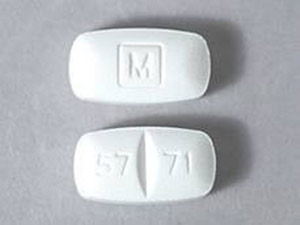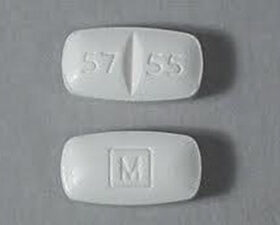- Your cart is empty
- Continue Shopping

Product
Methadone 10mg is a prescription medication primarily used for pain management and in the treatment of opioid addiction. Here are detailed aspects of its use:
Uses
- Pain Management: Methadone 10mg is prescribed for the relief of severe chronic pain when other pain management strategies are inadequate.
- Opioid Addiction Treatment: It is used in medication-assisted treatment (MAT) programs to help reduce withdrawal symptoms and cravings in individuals addicted to opioids such as heroin or prescription painkillers.
Mechanism of Action
- Methadone: As a synthetic opioid agonist, methadone works by binding to the same opioid receptors in the brain as other opioids, such as morphine or heroin, but it has a longer duration of action. This helps to prevent withdrawal symptoms and reduce cravings without producing the same “high” as other opioids.
Dosage and Administration
- For Pain Management: The dosage for pain management is individualized based on the patient’s prior opioid use and pain severity. It often starts at a low dose with gradual adjustments.
- For Opioid Dependence: The initial dose for opioid dependence is typically 20 mg to 30 mg, adjusted based on the patient’s response and withdrawal symptoms. Maintenance doses usually range from 80 mg to 120 mg per day.
Side Effects
Common side effects include:
- Drowsiness
- Dizziness
- Nausea and vomiting
- Sweating
- Constipation
Serious side effects (requiring medical attention):
- Respiratory depression
- Severe hypotension
- Heart rhythm disorders (QT prolongation)
- Severe allergic reactions (rash, itching, swelling)
Warnings and Precautions
- Addiction and Abuse: Methadone has a high potential for addiction, abuse, and misuse.
- Respiratory Depression: This can be life-threatening, especially during initiation or dosage increases.
- Cardiac Risks: Methadone can cause QT prolongation, leading to serious heart arrhythmias.
- Interactions with Other Medications: Methadone can interact with many other medications, increasing the risk of severe side effects.
- Pregnancy and Breastfeeding: Methadone can pass into breast milk and may harm a nursing baby. Use during pregnancy can cause withdrawal symptoms in the newborn.
Drug Interactions
- CNS Depressants: Concurrent use with other CNS depressants (alcohol, benzodiazepines, other opioids) can increase the risk of severe sedation and respiratory depression.
- Enzyme Inhibitors/Inducers: Certain medications can affect methadone metabolism, either increasing toxicity risk or reducing its effectiveness.
Storage
- Store at room temperature, away from moisture and heat.
- Keep out of reach of children and pets.
Disposal
- Follow local guidelines for disposing of prescription medications.
- Do not flush medications down the toilet unless instructed to do so.




Reviews
There are no reviews yet.